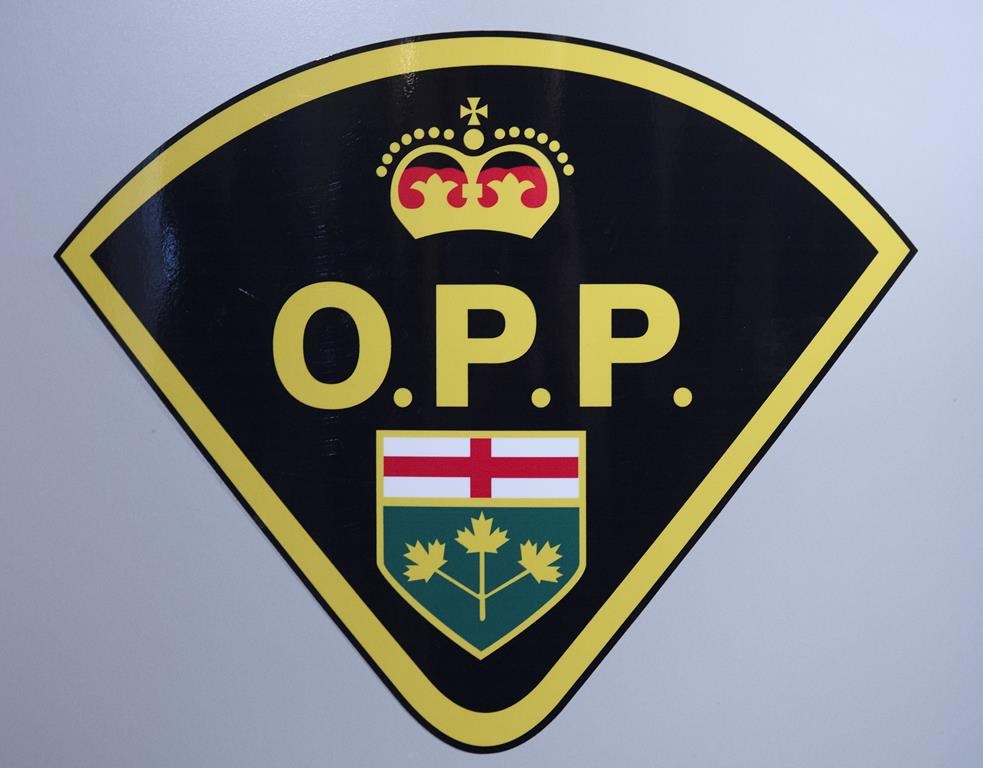COVID-19 is still present in Ottawa, city’s top doctor says
Posted Sep 2, 2023 11:13:37 AM.
Last Updated Sep 2, 2023 11:19:54 AM.
Back-to-school is fast approaching and Ottawa Public Health (OPH) is reminding parents of ways to help decrease the spread of respiratory illnesses in classrooms.
Dr. Vera Etches, Ottawa’s medical officer of health, told The Sam Laprade Show on Aug. 31, while it’s important children have the opportunity to learn, grow and make those connections in schools, parents should still be thinking about ways to help decrease transmission of respiratory illnesses in schools.
“One of the things they can do is continue to play that role of thinking about respiratory illnesses and decreasing its transmission in schools,” said Etches.
Monitoring children for symptoms of respiratory illnesses, each day, is key in reducing the spread, she added. This includes fever or chills, coughing, headaches, and more.
On Aug. 29, OPH reported 177 new COVID-19 cases between Aug. 22 and 28, with data showing a steady increase in COVID-19 wastewater viral signal, over the past 30 days.
OPH also reported a significant rise in COVID-19 outbreaks across the community and in institutional settings, such as long-term care homes and hospitals. Additionally, Ottawa saw a sharp increase in hospitalizations related to COVID-19, from middle-to-end of August
Etches echoes this data, and said we’re seeing more outbreaks and hospitalizations, and numbers could increase into the fall.
“It’s really important for children and adults in the school environment to stay home when they’re sick, as a first step,” she explained.
OPH advises those who are ill, to stay home when exhibiting symptoms, especially a fever. But their guidelines for any respiratory illness outline, once a fever has subsided and there’s been improvement over a 24-hour period, people can return to work and school environments.
Your layers help protect you from COVID-19 (and other respiratory viruses, btw).
And they’ll also help protect those around you too…especially those who are at highest risk.
Use your layers, Ottawa.
Thanks for your time. And sorry again for the earlier mistake. (4/4)
— Ottawa Public Health (@OttawaHealth) August 30, 2023
“That’s a good time for people to wear masks because they may still have some lingering symptoms and masking until people are asymptomatic again will help control spread of the virus from them to others,” said Etches.
Hand washing and reducing facial contact have also proven effective in reducing the spread. They’re especially critical when visiting long-term care homes or hospitals, and the general public must do their part in protecting those at greater risk of severe illness, she added.
In terms of masking, Ottawa Public Health is calling on residents to adapt their behavior according to levels of the virus present in the community. People are assessing that risk and making their individual choices, said Etches.
“I think we’ll see people continuing to wear masks this fall to protect themselves from viral respiratory illness, and to protect others at high risk of severe illness,” she added.
Etches goes on to say, vaccinations are also critical in protecting those in the school environment. This includes Measles, Influenza, and Tetanus vaccinations, as well as an updated COVID-19 vaccine, set to come out this fall.
She stressed the importance of students being vaccinated against the Flu, as numbers are expected to ramp up during the fall months.
Last fall, we saw unprecedented numbers of respiratory illness – including Flu and RSV – and there was a premature rise in cases, The first Flu outbreak came a month early and rising RSV cases caused severe pressures on children’s hospitals.
While circulation patterns of Influenza, RSV and COVID-19 are still unpredictable, Etches explained last year, Covid began to soar in August and we’re seeing the same pattern, this year. A rise in cases is expected to continue, as people head indoors over the cooler months.
“What we’re seeing in Australia is children between zero to four years old – and even five to 17 – are being hospitalized with Influenza and we’re expecting that same kind of picture for us in October and November,” she said.
According to Etches, OPH is working with local partners in sharing information about what to expect this fall, and added, they’ll be providing more details to parents and guardians.
Following periods isolation during the pandemic, she reminded parents and youth that there is no shame or stigma associated with mental health challenges. Receiving supports from school, work or other environments is recommended in handling anxiety and mental health matters.
“Looking at what helps your child or youth deal with anxiety is important – whether it’s mindfulness, breathing exercises, having someone to turn to – there are different strategies families will use,” she added.
Etches suggested, parents seeking mental health supports for their kids, turn to ‘1 Call 1 Click’ – an initiative that provides children and youth access to mental health and substance use supports.










